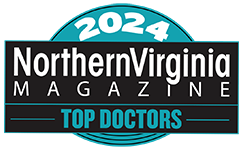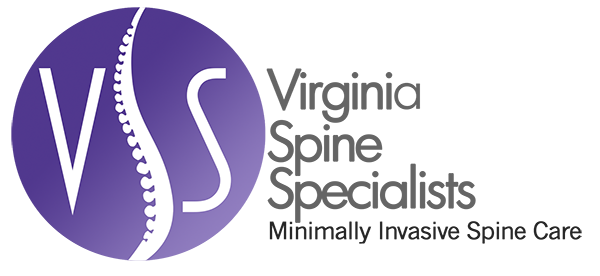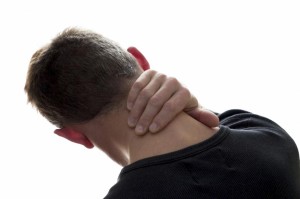Neck Strain: Should You See a Doctor?
In general neck strain is not a serious injury, but the pain it causes can leave you thinking otherwise. Let’s take a look at the causes and self-treatments of neck strain, as well as the key signs you should schedule an appointment with your doctor.
Our spines provide a high degree of range of motion and mobility, but these features also make our spine vulnerable to injury. Most episodes of neck strain result in pain in the shoulder muscles and neck, as well as a stiff feeling in the neck. The symptoms include difficulty and pain when moving or rotating the head or neck.
Some of the causes of neck strain include:
- Spending too much time in an awkward or unnatural position, such as hunching over a computer at work or a steering wheel while driving, or cradling a phone in the crook of the neck
- Sleeping in a poor position, such as with a pillow that is too firm or too high
- Carrying a heavy object, such as a suitcase, on one side of the body
- Trauma that impacts the neck, such as a fall resulting in hitting the head or whiplash from a car accident
While minor neck strains involving the ligaments, muscles, and tendons heal relatively quickly, they can still be painful and affect your daily routine. Several self-care remedies can help to alleviate the pain and stiffness, such as:
- Applying heat in the form of taking a hot shower or using a heat wrap, which helps to bring nutrient-rich blood flow to the area to stimulate healing
- Applying ice or cold packs, which helps to reduce inflammation and allows the area to heal; however, the ice or cold pack should be applied in 20-minute intervals during the initial 24 hours only
- Over-the-counter medications, such as ibuprofen or naproxen, which reduce inflammation and relieve the pain
- Massage, which stimulates blood flow in the area, helping it to heal
When the above self-care remedies do not alleviate your pain, or if the symptoms last beyond a couple of days, a trip to the doctor may be required. Please note that if your pain is accompanied by arm pain, numbness or tingling, you should contact your health provider immediately.
It is also advisable to contact your doctor immediately if your symptoms started after any kind of accident or trauma. Your doctor can give you a full examination to diagnose or rule out serious issues.

Categories
Archives
Contact Dr. Mudit Sharma
Phone: (571) 921-4877
Toll Free: (855) 774-6334
Monday – Thursday: 8am – 4pm
Friday: 8am – 2pm
Fredericksburg
4604 Spotsylvania Parkway, Suite 300 Fredericksburg, VA 22408
Manassas
8650 Sudley Road, Suite 315
Manassas, VA 20110-4418

